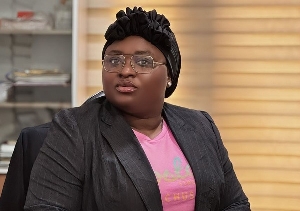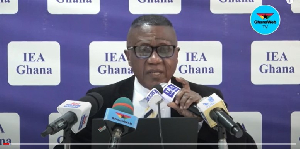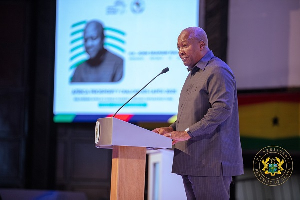As Ghana makes significant strides in vaccine production, the Food and Drugs Authority (FDA) has confirmed its readiness and capacity to test these vaccines, ensuring their safety for public use.
Dr. Delese Mimi Darko, CEO of the FDA, spoke to journalists during a seminar hosted by the National Vaccine Institute (NVI) on vaccine research and development. She emphasized ongoing collaboration with vaccine developers to maintain alignment throughout the process.
The FDA possesses the necessary laboratory equipment to validate the effectiveness of clinical vaccines, a capability it has maintained since 2004. Dr. Darko announced that the FDA is developing a new lab to evaluate and authorize locally produced vaccines, expressing optimism that it will be fully operational by the time the NVI and associated institutions finalize their developments.
“The FDA currently regulates imported vaccines, but we are preparing to assess locally made ones. We have the capacity to evaluate vaccine applications for clinical trials, having regulated such trials since 2004. We aim to support local industries in getting ready for vaccine manufacturing. While Ghana does not yet conduct lot release for vaccines, we are preparing for that capability,” she stated.
NVI's Public Engagement Efforts Commended
At the seminar, a panel of health sector experts praised the NVI for its proactive approach to public engagement concerning Ghana’s vaccine production journey. The discussions highlighted the importance of addressing vaccine hesitancy to foster public trust in locally produced vaccines.
Professor Kwadwo Koram, former Director of the Noguchi Memorial Institute for Medical Research, noted that involving the public in the vaccine-making process is essential for building trust. He countered misconceptions about vaccines, clarifying that their primary aim is public health, not harmful agendas.
Professor Tindana emphasized the necessity of community involvement in clinical trials, asserting that communities are more likely to trust the outcomes if they are kept informed throughout the process.
Dr. Anarfi Asamoa-Baah, board chair of the NVI, reiterated the country’s unwavering commitment to vaccine self-reliance, vowing continued investments to position Ghana as a key player in Africa’s vaccine production landscape.
Under the leadership of Professor William K. Ampofo, the NVI is actively working to sensitize the public about the country’s vaccine production advancements, with the recent seminar being a key part of this initiative.
EK
Health News of Friday, 18 October 2024
Source: www.ghanaweb.com

















